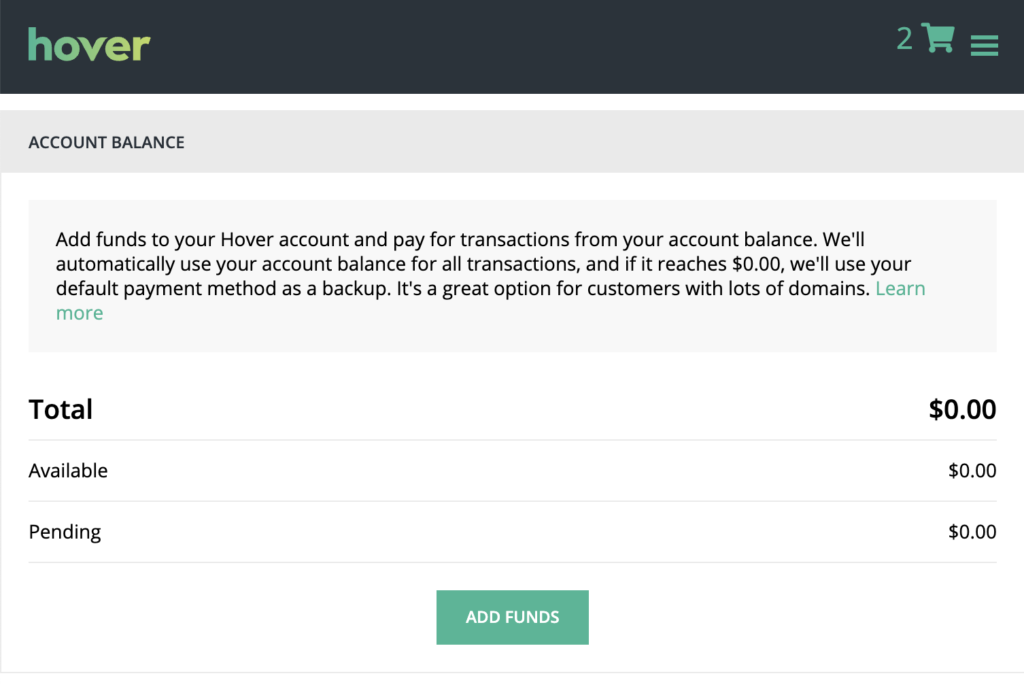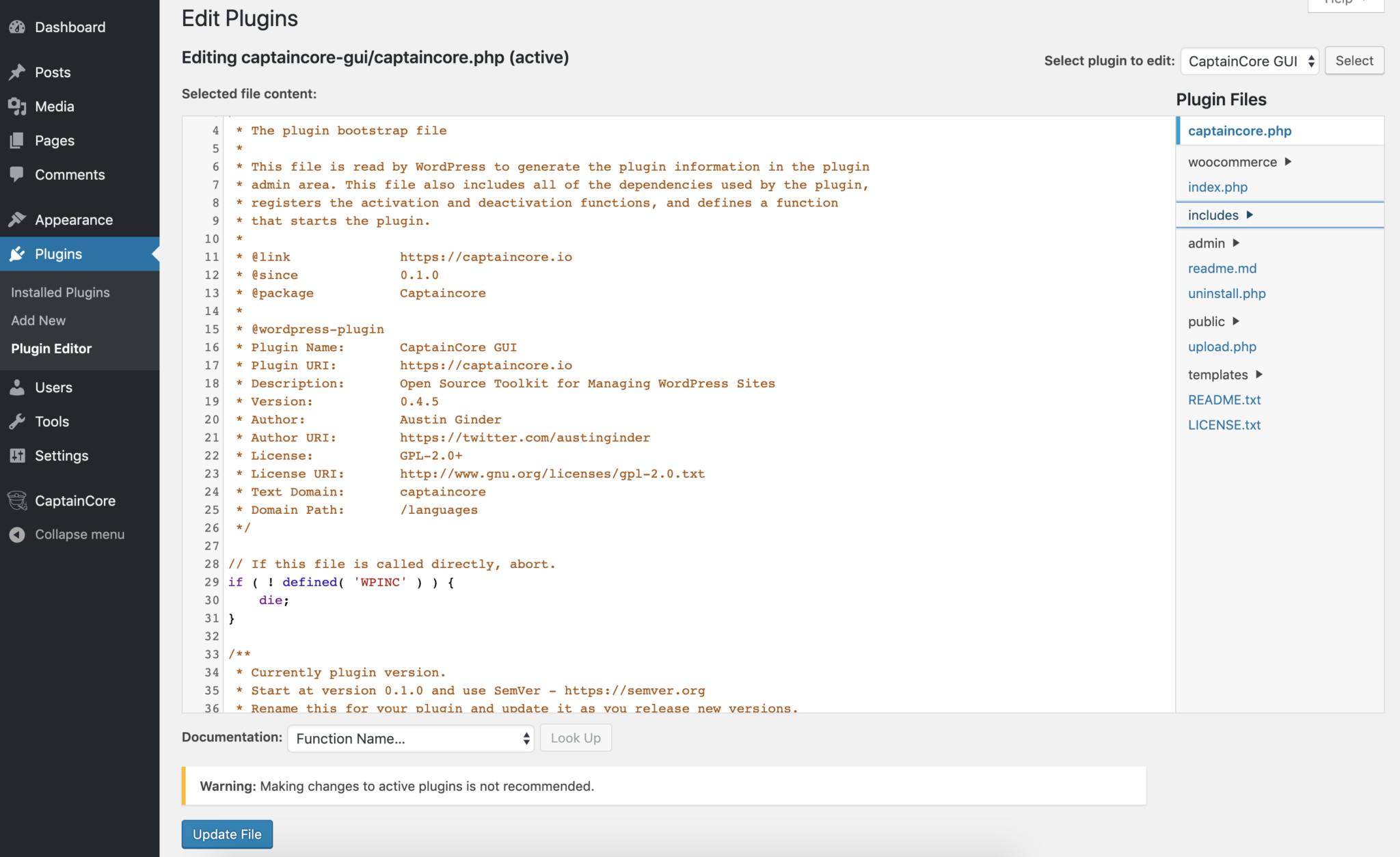Site monitors are a good way to detect major issues with websites. Over the years I’ve begun to notice a few common reasons why websites go offline. You might be shocked to know that most times it has nothing to do with the web host. Instead it comes down to a few scenarios which are in your control and easily avoidable. Here are three completely avoidable scenarios for website outages.
1. Domain renewal issues
This is by far the #1 reason I see my own customer’s websites go offline. If domain registration is handled by me, that’s not the case as I take care of it.
Most of the time the domains are properly configured with a credit card and set for automatic renewal. However a simple failure with the automatic renewal process, either billing or technical related, and the domain will go offline. With a deactivate domain neither the website nor email will work.
To avoid this I highly recommend manually renewing domains 1 year prior to their automatic renewal date. The other option is to always keep a small amount of credit on standby with the domain registrar. That way if the automatic billing process has issues at least the credit should cover the renewal.

2. DNS outages
DNS if often overlooked, yet it’s typically free with most domain providers. However that free DNS is often mediocre at best. If you spend just a little for premium DNS, something like Constellix by DNS Made Easy, then you’ll increase performance and uptime of DNS.
DNS Made Easy has a 14 year history of 100% uptime. I can honestly say I’ve never experienced any DNS outage while using them (since 2014). If you’re a customer of Anchor Hosting simply ask and I’ll help switch your DNS over to premium DNS if it’s not already. Premium DNS is included with all hosting plans.
3. Live code changes
Yes you heard me. Live code changes are all those times you wanted to make a quick change to a theme or plugin using the WordPress theme/plugin editor however accidentally broke the site as a result. Any code change is best handled on a staging or development site first. At the very least you should try out a quick code change on the staging site first before doing the same code change on the production site.

Some things are out of your control.
It’s true some things are completely out of your control. Like when your website is hit with a massive attack or some server issue or network problem. You should do your best to reduce those risks however just don’t forget to also take care of the few things which are completely avoidable.

